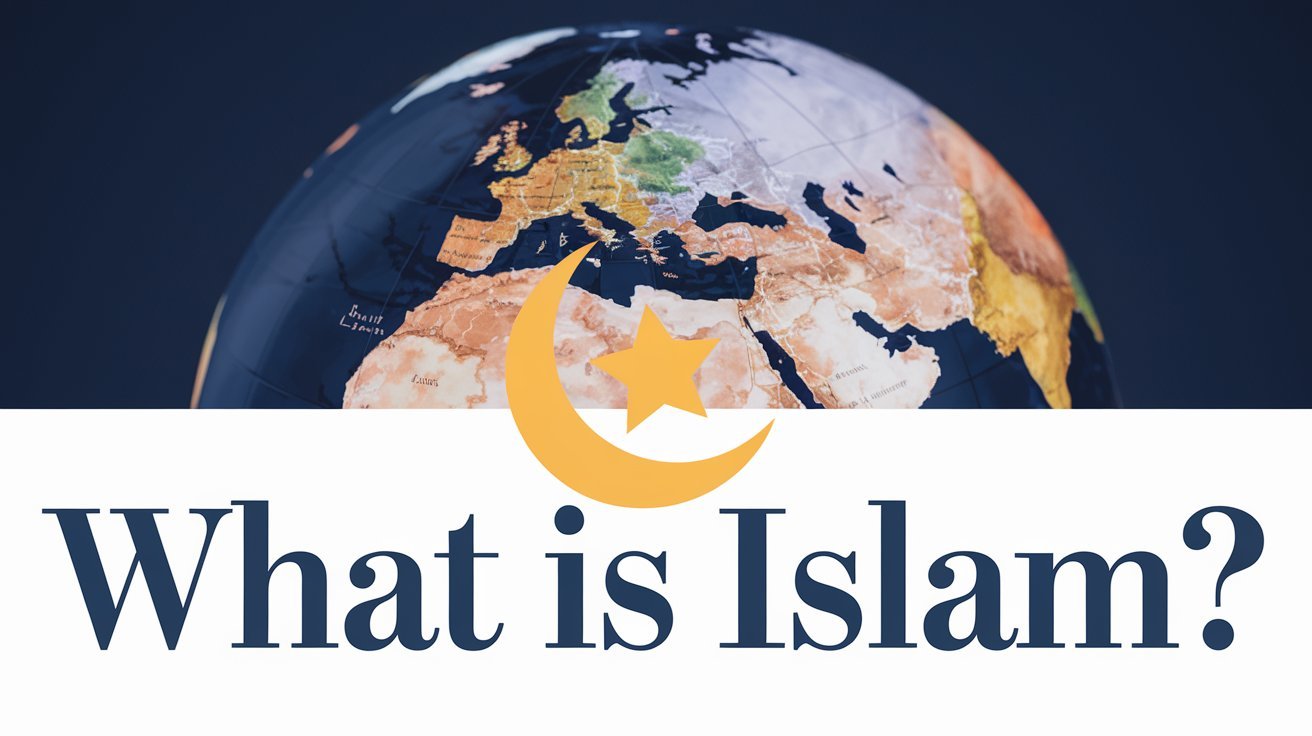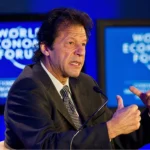Understanding Islam: A Comprehensive Overview
Islam is one of the world’s major religions, with over 1.9 billion followers worldwide. But what is Islam in simple words? It is more than just a religion; it is a way of life for Muslims who follow the teachings of the Prophet Muhammad (peace be upon him) and the Quran, the holy book of Islam. This article will explore the essence of Islam, its fundamental beliefs, and why it is called Islam. We will also discuss the Islamic calendar, including the Islamic date today and its cultural relevance in Pakistan and beyond.
What Is Islam in Simple Words?
Islam, derived from the Arabic word “Salam,” meaning peace, submission, or surrender, signifies submission to the will of Allah (God). In simple terms, Islam is the religion that teaches people to worship one God (Allah) and live a life guided by the Quran and the Sunnah (traditions) of the Prophet Muhammad.
Muslims believe that Islam is not just a faith but a complete code of life. It emphasizes morality, justice, compassion, and personal responsibility.

What Is the Short Definition of Islam?
In its essence, Islam means submission to Allah’s will. This submission is reflected in every aspect of a Muslim’s life, from prayer to social interactions and ethical conduct.
Why Is It Called Islam?
The term “Islam” stems from the root word “S-L-M” in Arabic, which relates to peace and submission. It signifies a harmonious relationship between a person and Allah when they live in obedience to His guidance. This name reflects the religion’s focus on surrendering to Allah’s divine wisdom, which brings peace and fulfillment.
What Is the Basic Concept of Islam?
The basic concept of Islam revolves around monotheism or the belief in one God. Muslims hold five core beliefs:
- Tawheed (Oneness of God): There is no deity but Allah, and Muhammad is His messenger.
- Angels: Belief in angels as Allah’s messengers who carry out His orders.
- Books of Revelation: The Quran is the final and complete guidance for humanity.
- Prophets: Muhammad is the last prophet in a long line, including Noah, Abraham, Moses, and Jesus.
- Day of Judgment: Everyone will be held accountable for their deeds.
The Five Pillars of Islam—Shahada (faith), Salah (prayer), Zakat (charity), Sawm (fasting), and Hajj (pilgrimage)—provide the framework for a Muslim’s life.
The Islamic Calendar: A Lunar Perspective
Islam operates on a lunar calendar, known as the Hijri calendar. Unlike the Gregorian calendar, which is solar-based, the Hijri calendar comprises 12 months of 29 or 30 days, depending on the moon’s phases.
What Is the Islamic Date Today?
The Islamic date today varies based on the moon’s sightings in different countries. Muslims worldwide use this calendar for religious observances, including fasting during Ramadan, Eid celebrations, and determining the month of Hajj.
To know the Islamic date today, one must refer to the local lunar calendar. As of this writing, the Pakistan Islamic date today can be confirmed through religious authorities or online Islamic date converters.
The Significance of the Islamic Year Today
The Islamic year today marks the passage of time since the Prophet Muhammad’s migration (Hijrah) from Mecca to Medina in 622 CE. This event is pivotal in Islamic history and serves as the starting point of the Islamic calendar.
Each year begins with the sacred month of Muharram and ends with Dhul-Hijjah, the month of pilgrimage. Knowing today’s Islamic date helps Muslims align their worship with religious obligations.
What Is the Islamic Date Today in Pakistan?
The Islamic date today in Pakistan is determined by the Ruet-e-Hilal Committee, responsible for moon sightings. The lunar date varies slightly depending on the sighting conditions across the country.
For accurate information on what is Islamic date today in Pakistan, local mosques and Islamic websites often provide updates. This is particularly important for events like Ramadan and Eid, which hinge on the Islamic calendar.
Why Is the Islamic Calendar Important in Daily Life?
The Islamic calendar is integral to a Muslim’s spiritual life. It determines the dates for fasting, prayers, and major religious festivals. In Pakistan, for example, knowing the Pakistan Islamic date today ensures that individuals and communities can prepare for significant events like Ramadan or Muharram.
The Relevance of the Islamic Date Today in Pakistan
In Pakistan, the Islamic calendar influences cultural, social, and economic activities. Schools, businesses, and public holidays align with Islamic dates for observances like Eid-ul-Fitr and Eid-ul-Adha.
Moreover, the government supports moon-sighting committees to ensure unity in celebrating these events nationwide. Thus, knowing the Islamic date today in Pakistan is not just a matter of religious observance but a cornerstone of national tradition.
Islam’s Universal Message
Islam offers guidance not just for Muslims but for all of humanity. Its principles emphasize harmony, compassion, and social justice, resonating with universal values.
As the fastest-growing religion globally, Islam attracts millions because of its simplicity and comprehensive approach to life. From daily prayers to ethical business dealings, Islam provides a holistic path to spiritual and worldly success.

FAQs About Islam and the Islamic Date Today
What is Islam in simple words?
Islam is a religion of peace and submission to Allah, guiding followers to live ethically and worship one God.
What is the short definition of Islam?
Islam means submission to Allah’s will, promoting peace and righteousness.
Why is it called Islam?
Islam is derived from the Arabic word “Salam,” meaning peace and submission, reflecting its core principles.
What is the basic concept of Islam?
The basic concept of Islam is monotheism, worshiping one God, and adhering to the Quran’s teachings and the Prophet Muhammad’s guidance.
What is the Islamic date today in Pakistan?
The Islamic date in Pakistan varies with moon sightings; local authorities announce it for accuracy.
Why is the Islamic calendar significant?
It dictates the timing of religious events like Ramadan, Eid, and Hajj, shaping spiritual and social life.
Conclusion
Islam is a profound and encompassing way of life that promotes peace, compassion, and justice. Its calendar, rooted in lunar cycles, reflects its unique cultural and spiritual identity, playing a central role in the lives of Muslims worldwide. For Pakistan, the Islamic date today connects communities, traditions, and religious practices.
By understanding what is Islam and its foundational concepts, one appreciates its universal message of harmony and guidance for all of humanity.










